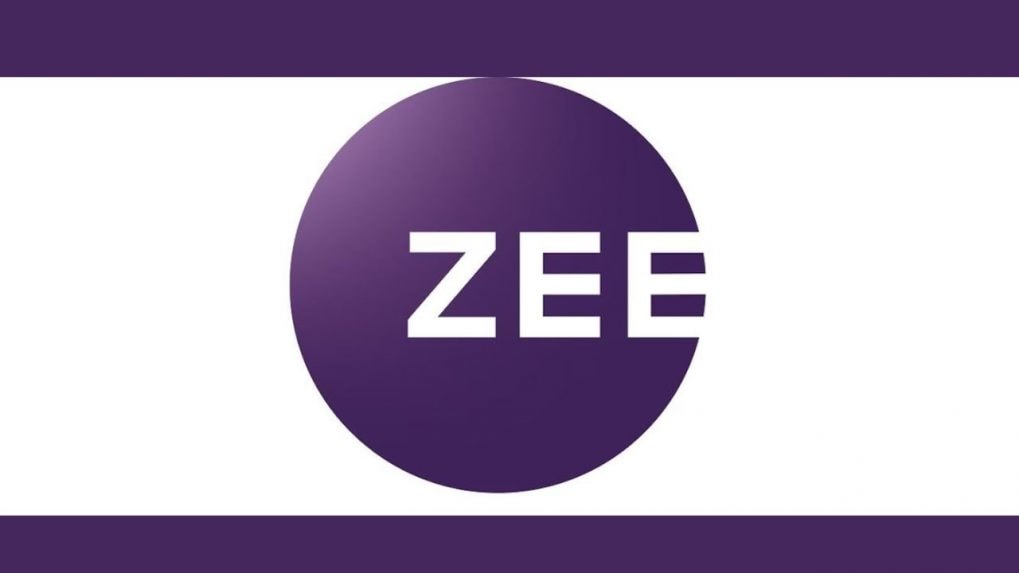Breaking: After Tata Play, Airtel TV drops ZEEL channels amid tariff dispute
Airtel has confirmed the removal of ZEEL channels from base packs. Consumers can watch ZEEL channels on à la carte basis. Airtel Spokesperson said, “Due to recent changes in broadcaster tariffs, Zee Network channels will no longer be part of the Airtel DTH base packs.
ADVERTISEMENT
In a fresh escalation of tensions between broadcasters and distribution platforms, Airtel Digital TV has removed all Zee Entertainment Enterprises Ltd (ZEEL) channels from its DTH base packs. This development comes on the heels of Tata Play dropping Sony channels in May over similar issues related to tariffs and content value.
Several Airtel DTH subscribers reported the abrupt disappearance of Zee channels from their packages, sparking confusion and speculation. Sources suggest the move is a result of a standoff between Airtel and ZEEL, with the broadcaster reportedly demanding a 10–15% hike in annual subscription fees—an increase Airtel is unwilling to accept amid broader industry headwinds.
Airtel has confirmed the removal of ZEEL channels from base packs. Consumers can watch ZEEL channels on à la carte basis. Airtel Spokesperson said, “Due to recent changes in broadcaster tariffs, Zee Network channels will no longer be part of the Airtel DTH base packs. These pack prices will be adjusted accordingly. All Zee network channels are available on Airtel DTH and can be added individually to the list of subscribed channel at their respective MRPs via channel selection options.”
Storyboard18 has reached out to ZEEL for an official response, and this story will be updated accordingly.
This development mirrors an ongoing dispute between Tata Play and Culver Max Entertainment (formerly Sony Pictures Networks India). In that case, the Telecom Disputes Settlement and Appellate Tribunal (TDSAT) recently provided partial relief to Tata Play by staying the execution of a ₹128.42 crore demand notice issued by the broadcaster, instead directing the DTH operator to deposit ₹40 crore within two weeks.
The TDSAT order came after Tata Play challenged a disconnection notice dated May 21 from Culver Max. The tribunal, while admitting the petition, stated that there was a prima facie case in Tata Play’s favour and that the balance of convenience also tilted towards the DTH operator.
Meanwhile, Culver Max has approached the Bombay High Court challenging a separate TDSAT order that barred it from making public statements about the Tata Play dispute. In its writ petition filed on June 6, the broadcaster contends that the tribunal’s May 30 order infringes upon its right to free speech and trade, arguing that Tata Play dropped 25 of its channels without notice—an action it claims violates contractual obligations and TRAI norms.
The twin developments highlight increasing friction in the Indian television distribution ecosystem, with operators and broadcasters locked in disputes over pricing, transparency, and regulatory interpretation. As DTH players push back against steep fee hikes and broadcasters defend content value, the coming weeks may see more legal battles and shifts in consumer channel access.


